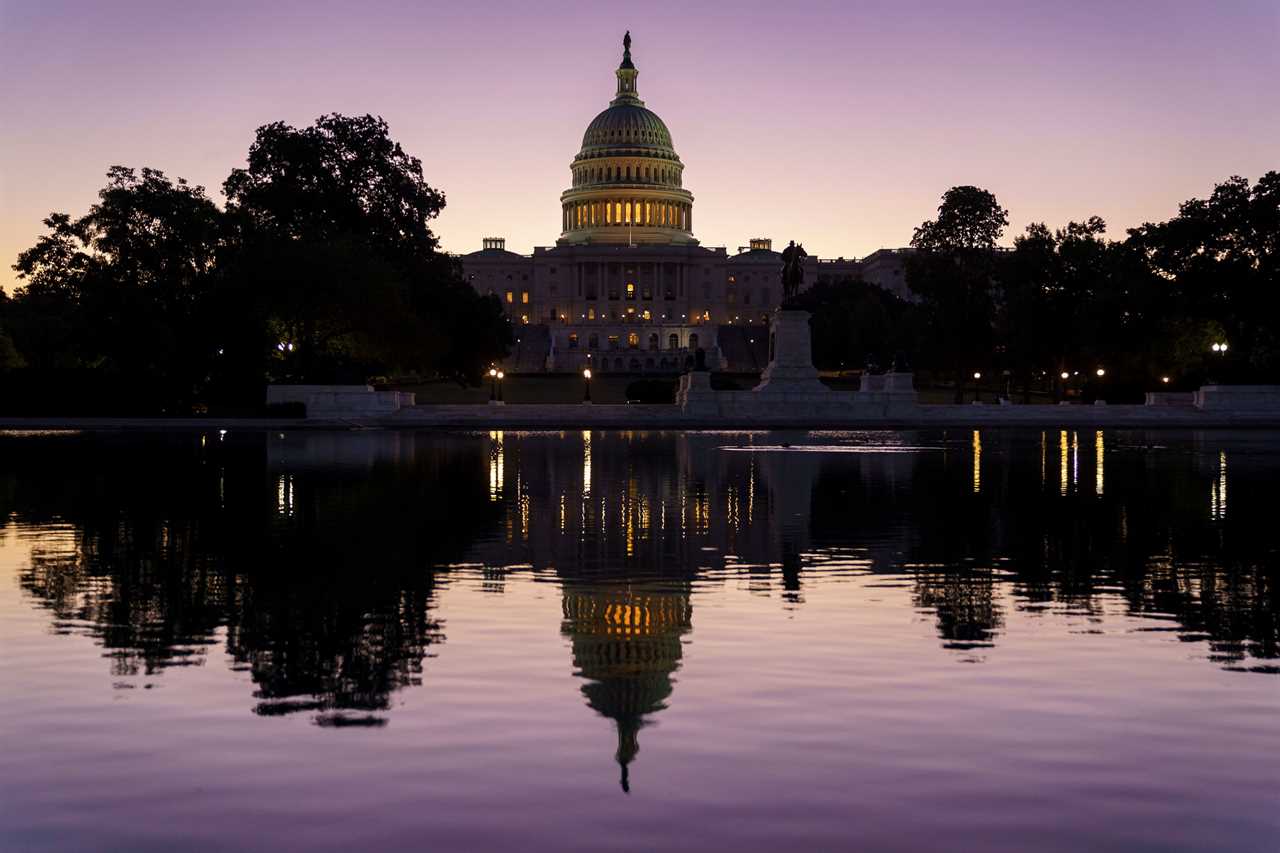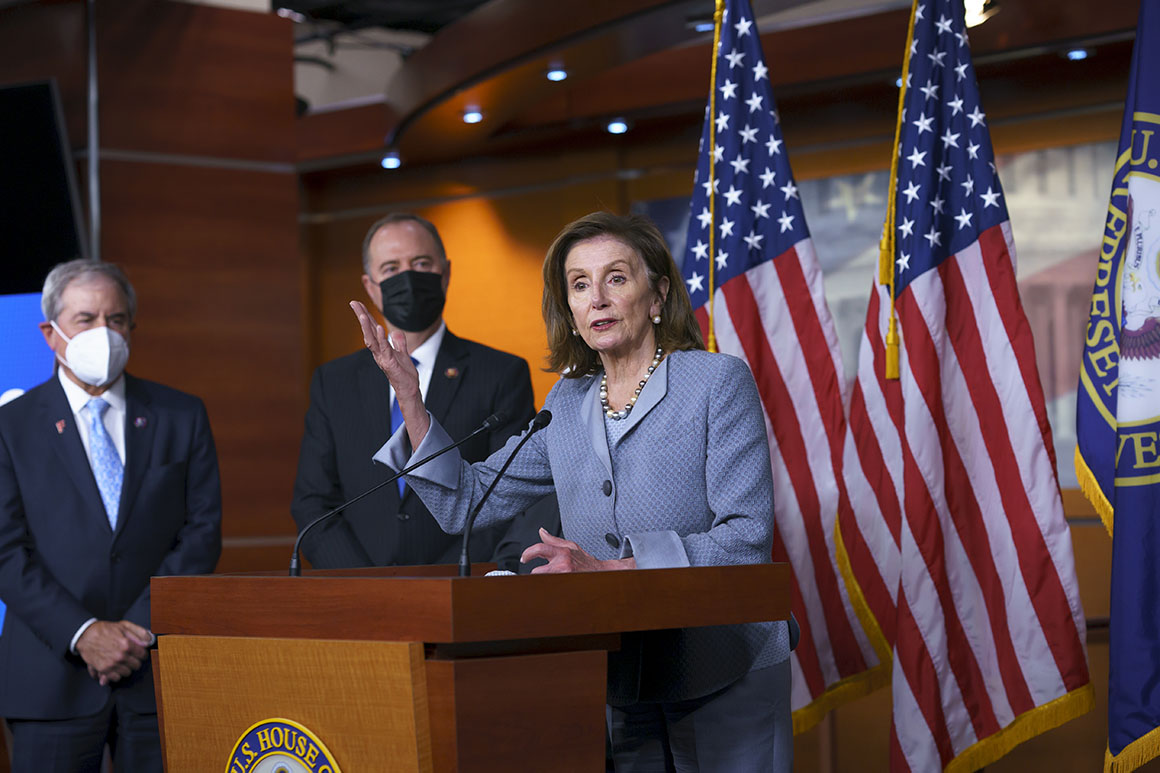
House Democrats late last month introduced the Protecting Our Democracy Act — a bill to curb presidential power that has been widely characterized as a “point-by-point rebuke of the ways that President Donald J. Trump flouted norms,” as the New York Times put it. Trump did indeed aggressively flout norms, but this is a misleading lens through which to view many of the important reforms to the presidency in the bill. The truth is that the bill’s central tenets address problems that arose during recent presidencies of both parties, and that Congress as an institution should want to check.
Consider the bill’s proposals to qualify the presidential pardon power by making it a crime to offer a pardon in exchange for a bribe. Trump issued a number of politically and personally self-serving pardons that many commentators thought might rise to the level of bribery. But former President Bill Clinton faced these criticisms at the end of his term after he pardoned Marc Rich, whose wife had previously donated $450,000 to the Clinton Foundation. In fact, the Southern District of New York instituted a federal criminal investigation. The PODA provision would have a powerful and salutary effect in prohibiting pardons as part of a bribery scheme involving presidents.
The same is true of PODA’s emergency powers reforms, which would terminate many presidential emergency declarations after a short period unless Congress affirmatively approves the declaration. Presidents of both parties have issued controversial emergency power declarations. Presidents of both parties have also continued “emergencies” that last for decades, as the still-in-force 1979 declaration related to the Iran hostage crisis illustrates. PODA’s emergency powers reforms have many similarities to Sen. Mike Lee (R-Utah)’s emergency powers bill, and merit bipartisan support.
The inspector general reforms in PODA also address problems that span many presidencies. Inspectors general are quasi-independent agency watchdogs. Trump controversially fired several inspectors general and installed more congenial replacements. But in one instance, so too did former President Barack Obama, in ways that attracted conservative criticism at the time. Biden, who in 2020 attacked Trump’s inspector general firings, is reportedly under pressure to fire one himself. To be sure, it is sometimes appropriate for presidents to fire inspectors general, but the PODA reforms — which mirror some elements of proposals that Republicans have sponsored — would help ensure that they do so for proper and not inappropriately self-serving reasons.
Congressional subpoenas are another area where Congress as an institution has an interest in correcting an imbalance in its relationship to the executive branch. In rhetoric and action, the Trump administration aggressively fought Congress over investigative and oversight subpoenas. But this same basic conflict goes back to George Washington, and it has played out without regard to the president’s party affiliation. Both the Obama administration and the Bush administration faced off against Congress in resisting demands for information. PODA aims to restore some Congressional authority in this area by strengthening Congress’ hand in enforcing its subpoenas. Republicans have sponsored similar proposals in the past.

PODA also narrows a president’s discretion to fill vacant senior executive branch officials. The proposal is a response to Trump’s practice of skirting the confirmation process by appointing “acting” executive officials. But the Obama, George W. Bush and Clinton administrations engaged in similar practices that were criticized at the time. The problem here is not just on the White House side of Pennsylvania Avenue. Congress has contributed to the problem by slow-rolling presidential nominees in ways that make it hard for a president to run the government. Any lasting reform in this area will require some difficult trade-offs, including the Senate reducing the number of executive branch officials — now around 1,200 — who require confirmation. PODA is a good basis to begin this general reform conversation, which both parties have an interest in.
It is widely expected that if PODA passes the House, its pieces will be divided up and “taken up piecemeal in the Senate, with different parts attached to other bills,” as the New York Times reported. Not every reform in PODA has the potential to attract bipartisan support in the Senate, and some of its discrete reforms may require modification in some details to get them over the finish line.
But the important point is that PODA contains vital presidential reforms that have the potential to attract bipartisan support, and that should attract that support, despite our splintered polity and a 50-50 Senate. The moment is also propitious for reform because the president has indicated openness to these constraints on presidential powers where other presidents typically have not. According to press reports, Democratic lawmakers have consulted with the White House on PODA, and while it is not on board for everything, it apparently supports many of the reforms.
In short, this is a rare moment where consequential reform of the presidency not seen since the 1970s might be possible.
----------------------------------------
By: Bob Bauer and Jack Goldsmith
Title: Opinion | Congress Should Seize This Chance to Get Its Power Back
Sourced From: www.politico.com/news/magazine/2021/10/05/congress-protecting-our-democracy-act-power-515040
Published Date: Tue, 05 Oct 2021 03:30:08 EST






